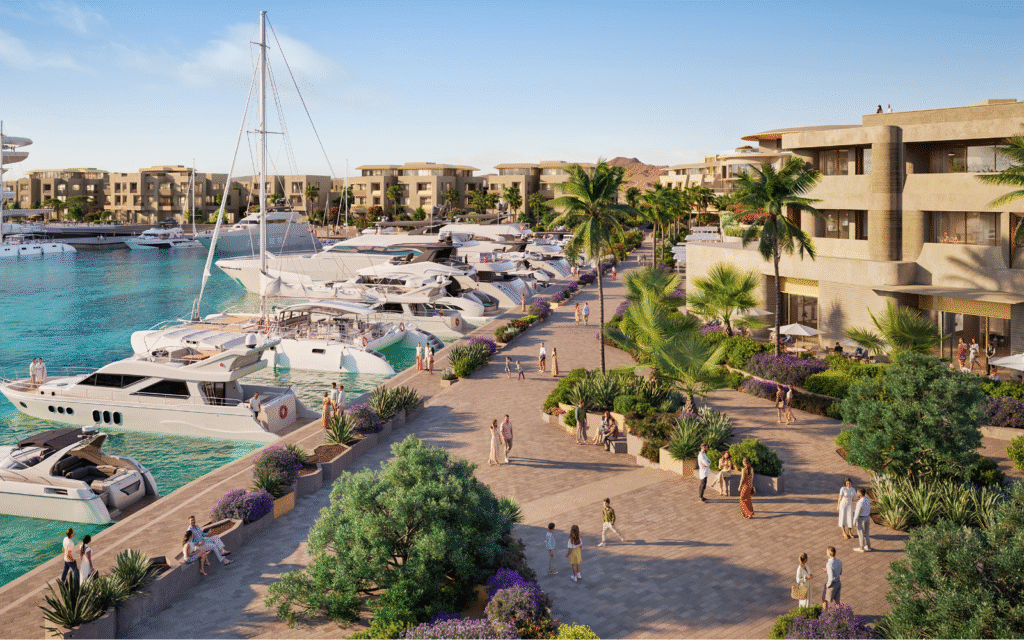The hospitality industry is under pressure to evolve. Globally, hotels and resorts account for about 1% of global carbon dioxide emissions, with an estimated 363 million tons of CO2 produced annually. These emissions have real consequences; they accelerate climate change, threaten biodiversity, and negatively impact local communities. For years, developers, designers, architects and hoteliers have responded to climate concerns through small actions such as swapping materials, reducing plastic, and offsetting emissions. But minor changes will not meet the scale of what is needed.
AMAALA, Red Sea Global’s wellness destination on Saudi Arabia’s north-western coast, is preparing to open later this year. Spanning 4,200 square kilometres of protected land and sea, it is the future of tourism. In a world that constantly demands peak performance, AMAALA provides more than escape – it’s about profound renewal.
A design ethos shaped by nature and purpose
A great solo travel tip spotted this week on Hotel Designs.




